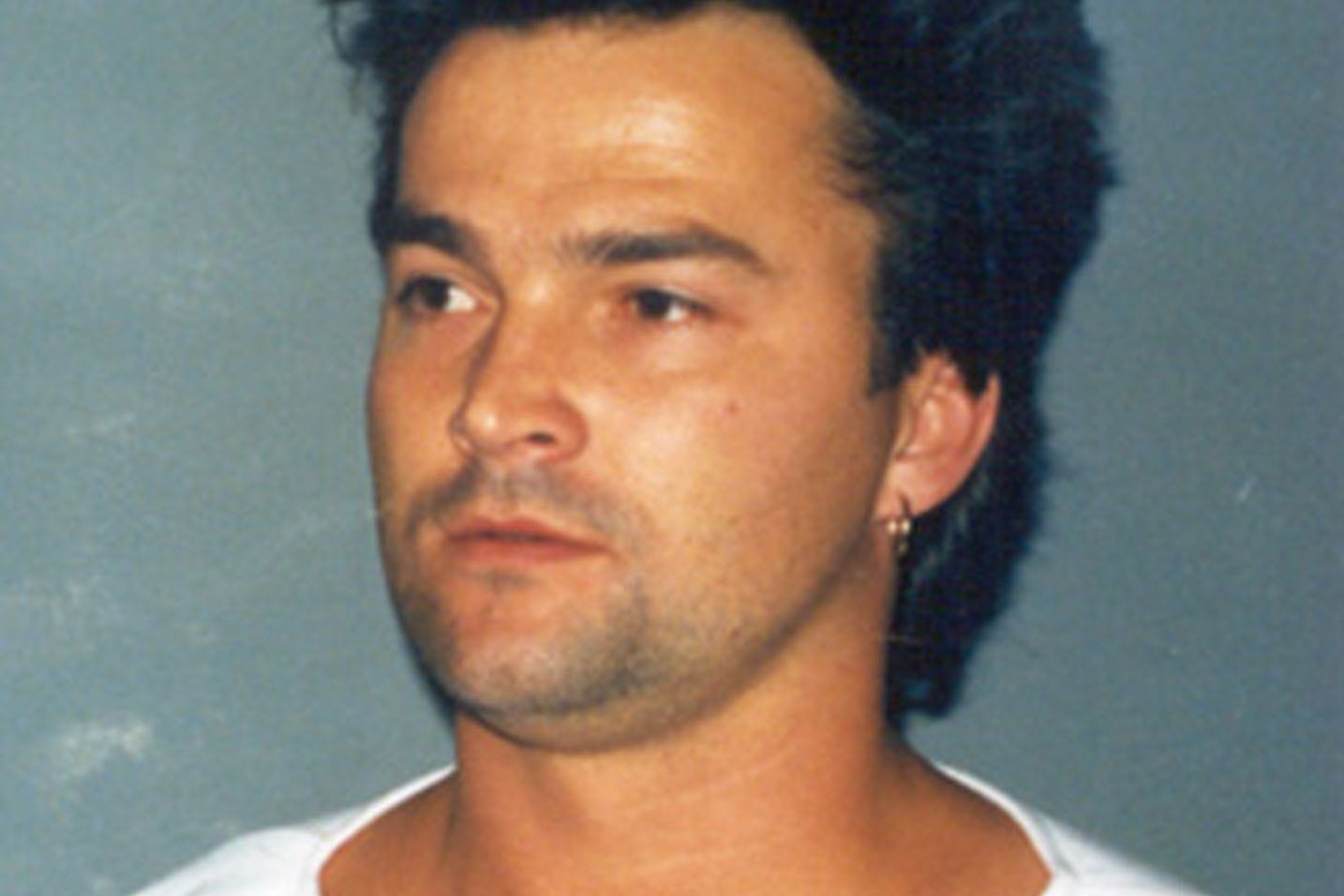Uncle who murdered teenage niece has case referred to Parole Board for release
Stuart Campbell was convicted in 2002 of kidnapping and killing Danielle Jones.

Your support helps us to tell the story
From reproductive rights to climate change to Big Tech, The Independent is on the ground when the story is developing. Whether it's investigating the financials of Elon Musk's pro-Trump PAC or producing our latest documentary, 'The A Word', which shines a light on the American women fighting for reproductive rights, we know how important it is to parse out the facts from the messaging.
At such a critical moment in US history, we need reporters on the ground. Your donation allows us to keep sending journalists to speak to both sides of the story.
The Independent is trusted by Americans across the entire political spectrum. And unlike many other quality news outlets, we choose not to lock Americans out of our reporting and analysis with paywalls. We believe quality journalism should be available to everyone, paid for by those who can afford it.
Your support makes all the difference.A killer who murdered his 15-year-old niece has had his case referred to the Parole Board for release from prison.
Danielle Jones was last seen on June 18 2001 at around 8am, when she left her home in East Tilbury, Essex, to catch the bus to school.
Her uncle, Stuart Campbell, was jailed for life in December 2002 for her kidnap and murder.
In 2019, Danielle’s mother, Linda Jones, said she did not want Campbell to be released from prison if he does not reveal where her body is.
She said she backs Helen’s Law, named after murdered Helen McCourt, which aims to prevent parole for killers who refuse to reveal the location of their victim’s body.
A spokeswoman for the Parole Board confirmed on Tuesday that Campbell’s case has been referred to them.
She said: “Parole Board decisions are solely focused on what risk a prisoner could represent to the public if released and whether that risk is manageable in the community.
“A panel will carefully examine a huge range of evidence, including details of the original crime, and any evidence of behaviour change, as well as explore the harm done and impact the crime has had on the victims.
“Members read and digest hundreds of pages of evidence and reports in the lead up to an oral hearing.
“Evidence from witnesses such as probation officers, psychiatrists and psychologists, officials supervising the offender in prison as well as victim personal statements may be given at the hearing.
“It is standard for the prisoner and witnesses to be questioned at length during the hearing which often lasts a full day or more. Parole reviews are undertaken thoroughly and with extreme care. Protecting the public is our number one priority.”
No date for a hearing has been set, but it is thought unlikely it would take place before next year.
In 2017, officers from Essex Police dug up some garages near the home where Danielle’s killer once lived, believing her body may have been buried there.
But after a five-day search, no trace of her was found.
The force said at the time: “Sadly we have been unable to end the pain they (Danielle’s family) have continued to experience and we are no closer to knowing where Danielle is.”